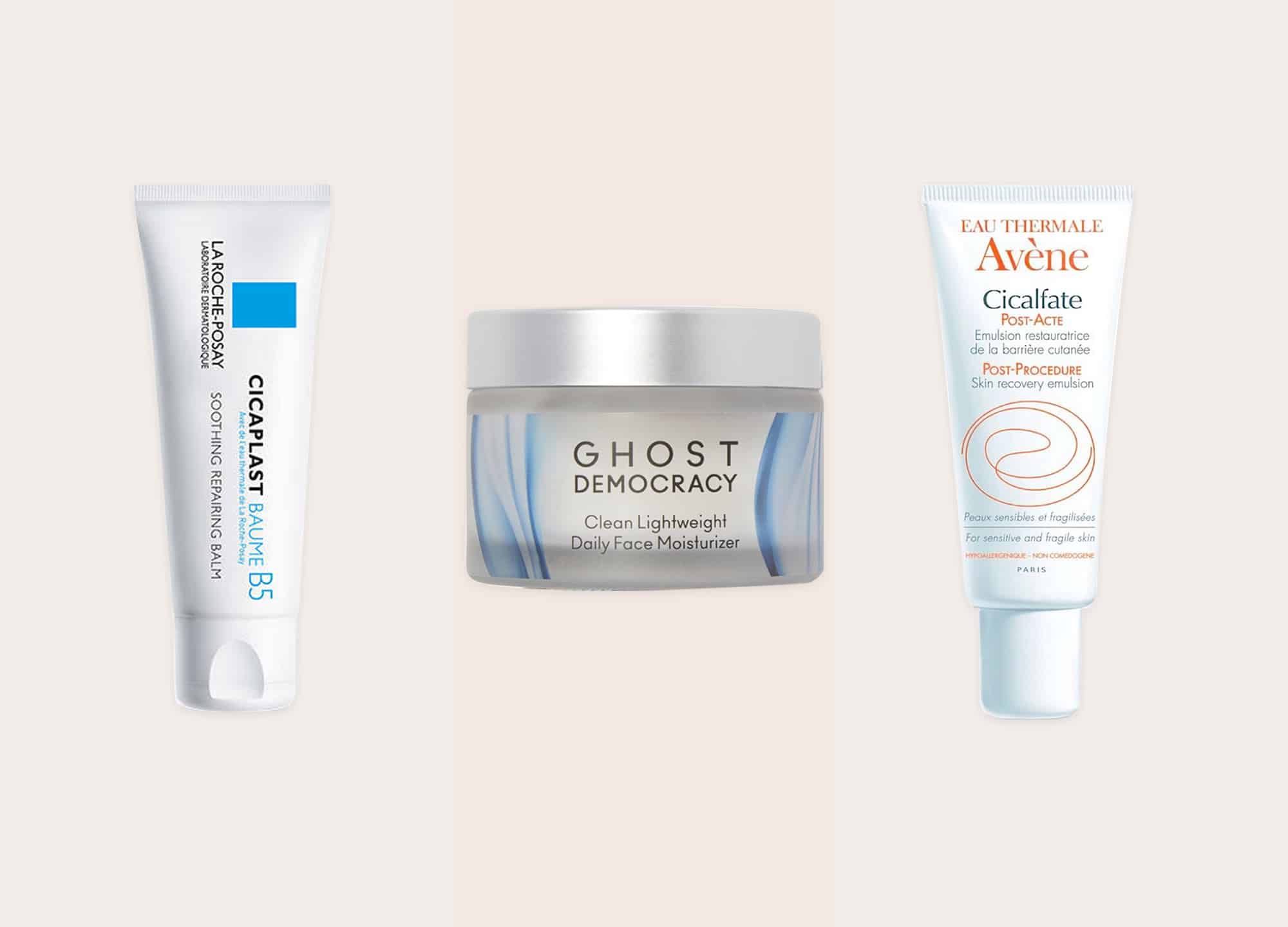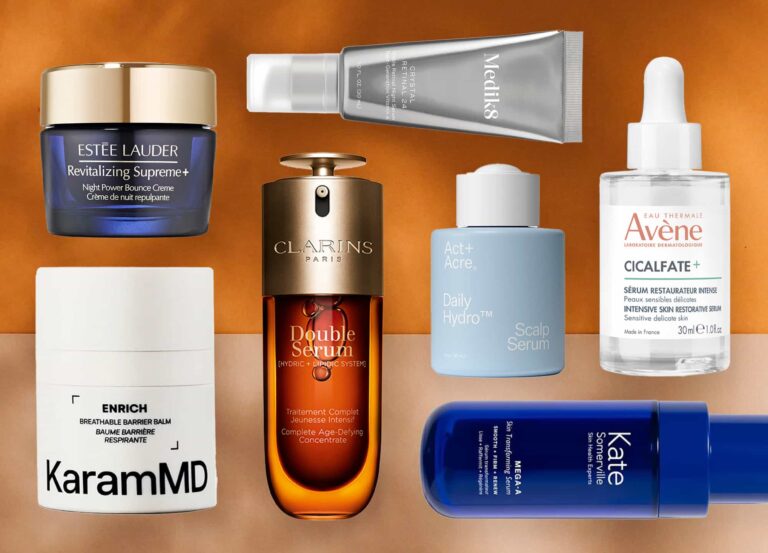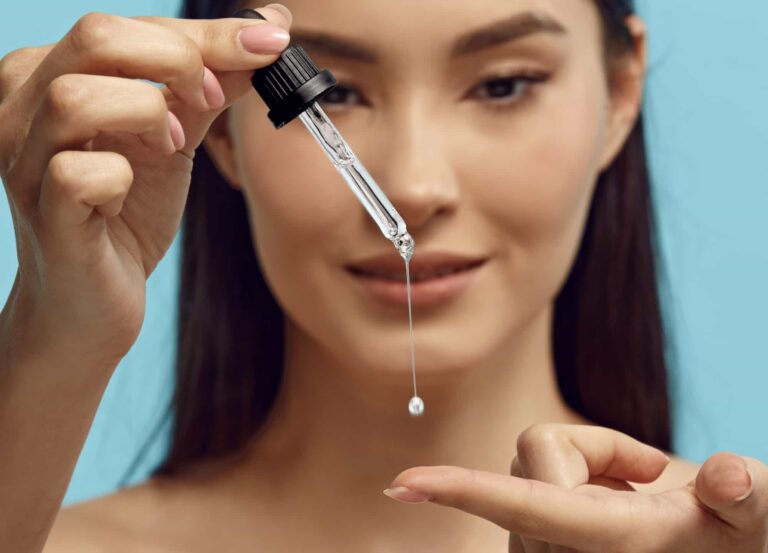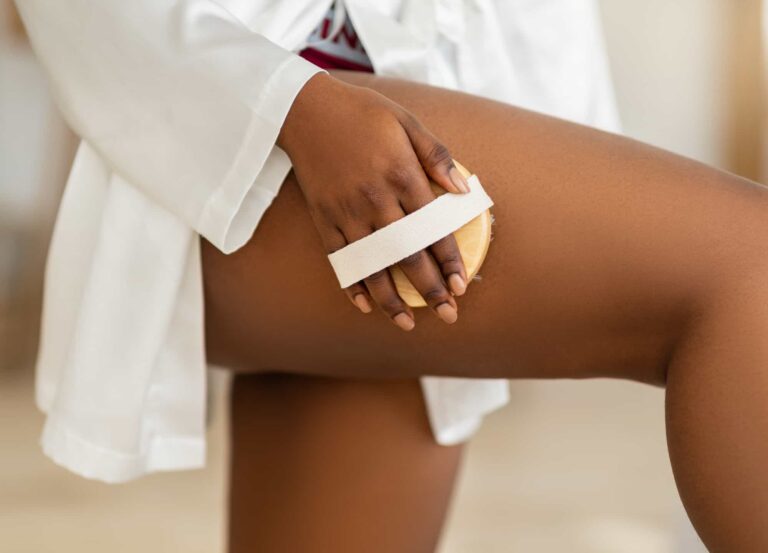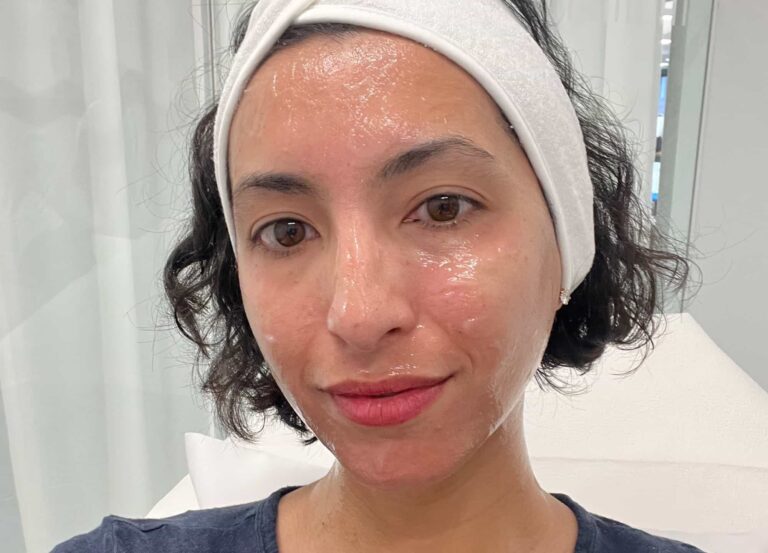After getting a laser, Vampire Facial, or microdermabrasion treatment, the last thing your skin needs is to come in contact with anything else that may further irritate your already sensitive complexion. While your first instinct may be to slather a moisturizer on the inflamed skin, the product you reach for can make or break your healing process. Keeping skin hydrated post-procedure is key when it comes to a successful (and quick) recovery, but a moisturizer filled with strong acids or chemicals will only strip and disturb your skin even more.
“The most important thing to look for in post-procedure moisturizers is occlusives, like petrolatum, vitamin E oil, antioxidants, hyaluronic acid, ceramides, lanolin, and aloe, which are designed to prevent water loss,” explains NYC board-certified dermatologist Dr. Dendy Engelman, referring to the moisturizing agent that’s known for its ability to form a protective layer over the epidermis. “Moisturized wounds have been proven to heal much [more] effectively and rapidly—we used to think wounds needed to air out and scab, but moisture actually helps.” See below for nine derm-recommended moisturizers, ideal for sensitive and post-procedure skin.
Ghost Democracy Clean Lightweight Daily Face Moisturizer ($28)
Whether you use this hydrator post-procedure or simply on days when your complexion appears to be acting up, the results are always the same—impressive. “This moisturizer uses completely clean ingredients and technology—oat extract and niacinamide protect and soothe inflamed skin, while panthenol enhances wound healing,” explains New York City board-certified dermatologist Dr. Joshua Zeichner. “Probiotic extracts help maintain a healthy microbiome, for optimal skin function.”
Related: 6 Dermatologists Over 40 Share Their Holy Grail Skin-Care Product
Alastin Regenerating Skin Nectar ($195)
“This product can be applied immediately post-procedure for faster recovery and healthier-looking skin,” says Dr. Hadley King, a board-certified dermatologist in New York City. “It has been shown to enhance efficacy and reduce downtime of both ablative and non-ablative skin rejuvenating procedures.” According to Dr. King, this product enhances healthy skin by helping to clear damage and debris in the extracellular matrix (in other words, the network of molecules that provide structure to skin cells) while also helping to support the skin’s natural ability to produce new, healthy elastin and collagen. “The high antioxidant activity is designed to calm the skin and reduce redness.”
Aquaphor Healing Ointment ($10)
If you’re looking for a more affordable option when it comes to post-procedure moisturizers, seek out this one by Aquaphor—it can be found at most drugstores. “This ointment is incredibly effective at moisturizing severely cracked, dry, and inflamed areas,” says Dr. Engelman. “It works by preventing loss of water in the skin, which allows natural oils to nourish and repair. This product uses lanolin to condition and soothe dry skin.”
Eighteen B Hydrate + Restore Rich Cream ($95)
“This cream uses a specialized silk protein that acts both as a breathable barrier and a carrier of hydrating ingredients like ceramides that help fill in cracks between skin cells,” says Dr. Zeichner. “It is breathable and can help protect the skin as it heals.”
Calecim Professional Restorative Hydration Cream ($65)
“Due to their regeneration properties, the use of stem cells has become more common in skin care—and this line uses stem cells that have been ethically and harmlessly harvested from the umbilical cord lining of New Zealand red deer,” says Dr. King. “When these stem cells are grown in culture media, they produce of mix of proteins, growth factors, and cytokines that help skin repair and rejuvenate. They increase the amount of hyaluronic acid in the skin, improve epidermal cell turnover, and assist in wound healing.” Dr. King adds that one single-blinded split-face trial followed the recovery of 14 patients who underwent full-face carbon dioxide fractional laser resurfacing. Immediately after the procedure, one side of the face was treated with Calecim serum and on this side, the patients experienced less warmth, less pain, and less redness as the skin healed.
Related: 9 Moisturizers Dermatologists Recommend Using While On Retin-A
SkinMedica TNS Ceramide Treatment Cream ($69)
Typically found in the dermatologist’s office, this moisturizer is a favorite among patients—and for good reason. “This cream is designed to repair, nourish, and protect the delicate, injured skin,” says Dr. Engelman. “Its rich texture supplies plumping moisture with hyaluronic acid in order to diminish dehydration lines and increase radiance and brightness. It supports our body’s natural production of ceramides, which is integral to a strong skin barrier.”
La Roche-Posay Cicaplast Baume B5 Balm ($15)
If you’re planning a laser appointment, stock up on this product beforehand. “This balm is a great option after laser treatments—it helps protect the skin from the environment without clogging the pores or weighing [skin] down,” says Dr. Zeichner. “It softens and hydrates the skin with shea butter and glycerin, while panthenol calms inflammation and helps enhance wound healing.”
Avene Cicalfate Post-Procedure Skin Recovery Emulsion ($32)
“This lightweight, soothing skin recovery lotion is formulated for use after procedures—including laser, peel, and hair removal—to restore skin without causing further irritation,” says Dr. King. “It absorbs quickly and provides an immediate cooling sensation and six hours of hydration.” Sucralfate helps facilitate the skin recovery process by protecting the compromised skin from the environment, and a copper-zinc sulfate complex promotes healthy skin conditions for optimal recovery, Dr. King adds.
Glo Skin Beauty Restorative Cream ($52)
“I like this cream because it uses shea butter, which will soften and condition skin,” says Dr. Engelman. “It also contains antioxidants, which will add in recovery time by repairing compromised skin.”







